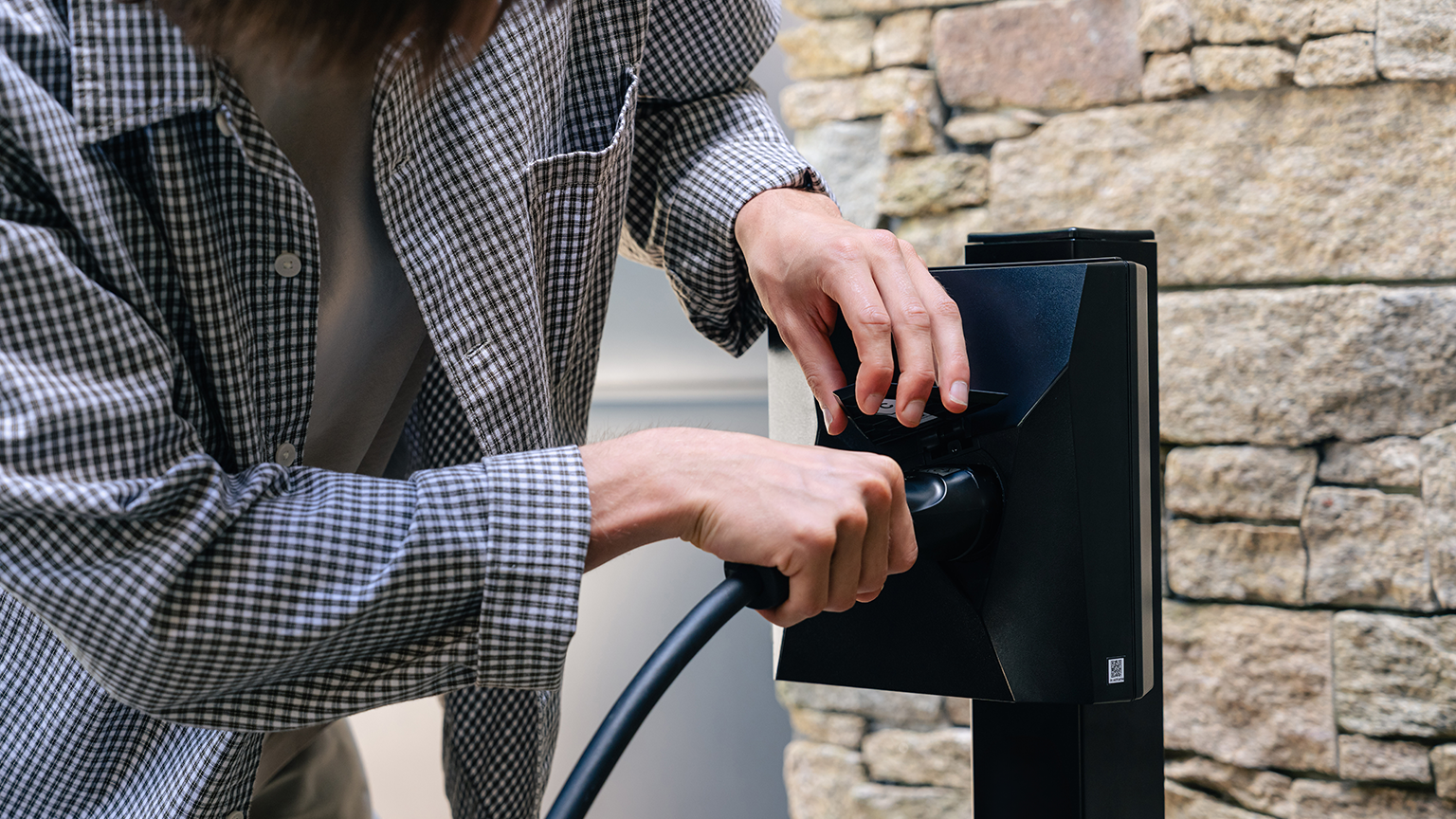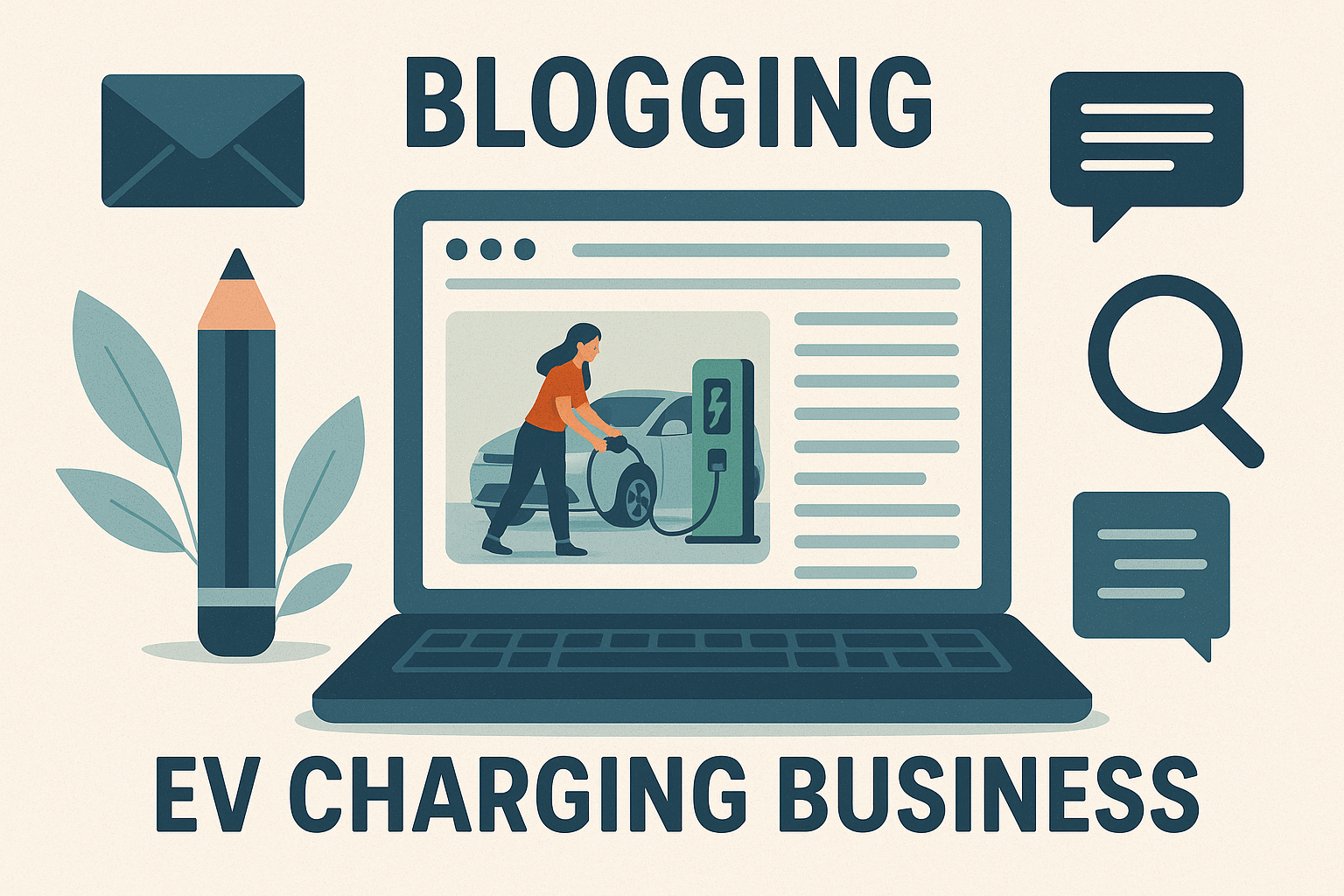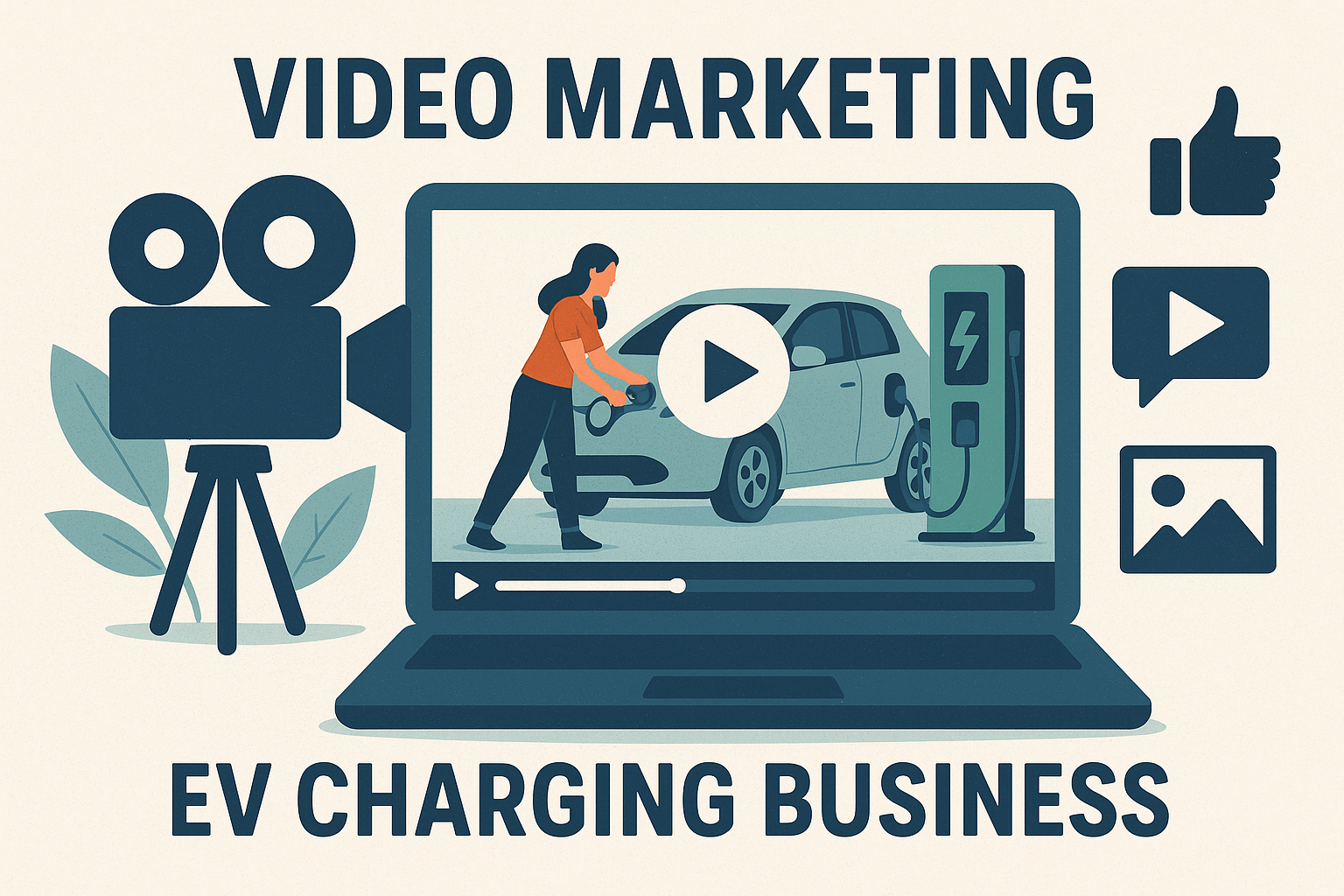The UK is undergoing one of the most significant transformations in transportation history. With the 2035 ban on the sale of new petrol and diesel cars fast approaching, the demand for electric vehicles (EVs) is skyrocketing. While owning an EV is a great step toward sustainability, the true convenience and cost savings come from charging your vehicle at home. But not all chargers are created equal.
That’s where smart EV chargers come in. Unlike traditional “dumb” chargers that simply transfer electricity, smart chargers give homeowners greater control, efficiency, and savings. For UK households navigating rising energy bills, government incentives, and a growing charging network, installing a smart EV charger is becoming less of a luxury and more of a necessity.
In this article, we’ll explore why every UK home needs a smart EV charger in 2025 and beyond.
What is a Smart EV Charger?
A smart EV charger is a home charging device equipped with advanced features such as:
- Wi-Fi or Bluetooth connectivity
- Mobile app integration for monitoring and scheduling
- Load balancing to prevent overloading your home’s electrical system
- Dynamic pricing awareness, letting you charge when energy is cheapest
- Integration with solar panels for green energy use
Essentially, a smart charger turns your driveway into a connected, intelligent energy hub rather than just a plug-in point.
The Rise of EV Adoption in the UK
The UK is leading Europe’s EV revolution. According to the Society of Motor Manufacturers and Traders (SMMT), EVs accounted for nearly 17% of all new car registrations in 2024, with numbers expected to rise sharply through 2025.
Government support is also driving adoption. Programs like the OZEV EV chargepoint grant help homeowners and landlords offset installation costs, making it easier to install smart chargers at home.
With millions of EVs projected on UK roads by 2030, ensuring convenient and efficient charging solutions at home has never been more critical.
Why Every UK Home Needs a Smart EV Charger
1. Save Money on Energy Bills
Energy prices in the UK are among the highest in Europe, making smart charging essential. Smart chargers allow you to:
- Schedule charging during off-peak hours when electricity rates are lowest.
- Use time-of-use tariffs such as Octopus Go, which provide cheap overnight electricity.
- Automatically stop charging once the car reaches a set percentage, preventing unnecessary energy use.
Over the course of a year, this can save households hundreds of pounds compared to regular charging.
2. Faster and More Reliable Charging
Traditional home sockets (3-pin plugs) can take over 24 hours to fully charge an EV. A dedicated smart charger, by contrast, can deliver 7kW or more, cutting charging time down to 6–8 hours for most cars.
This means you can plug in overnight and wake up to a fully charged vehicle ready for the day ahead.
3. Seamless App Control
Smart chargers come with mobile apps that allow you to:
- Start or stop charging remotely
- Track electricity consumption in real time
- Receive charging history reports
- Set charging priorities (e.g., full charge before 7 AM)
For busy UK households juggling work, school runs, and commutes, this level of control is a game-changer.
4. Integration with Renewable Energy
The UK is rapidly transitioning toward renewable power, and many households are installing solar panels. Smart chargers can connect with solar PV systems, ensuring that your EV is powered directly by clean energy.
This not only lowers your carbon footprint but also shields you from volatile energy prices.
5. Enhanced Safety Features
Unlike makeshift charging through standard sockets, smart chargers are designed for EV charging. They come with:
- Built-in circuit protection
- Automatic shutoff during overloads
- Weatherproof designs for outdoor use
This makes them far safer for long-term, daily use, an important consideration for families.
6. Boost Home Value and Future-Proofing
As EV adoption increases, homes equipped with smart EV chargers are more attractive to buyers and renters. In fact, research shows that homes with EV chargers can sell faster and at higher prices in the UK property market.
Installing a smart charger today is an investment that future-proofs your property for the electric age.
7. Government Grants and Incentives
The UK government supports EV adoption with schemes like:
- OZEV EV chargepoint grant – up to 75% off the cost of installation for eligible homeowners and landlords.
- Workplace Charging Scheme (WCS) – for businesses looking to install smart chargers for staff.
These incentives make the financial case for choosing a smart EV charger even stronger.
Smart Chargers vs. Standard Chargers
| Feature | Standard Charger | Smart Charger |
| Charging Speed | Slow (3-pin plug, 24+ hrs) | Fast (7–22kW, 6–8 hrs) |
| Cost Savings | None | Off-peak scheduling saves ££ |
| App Control | No | Yes |
| Renewable Integration | No | Yes |
| Safety Features | Limited | Advanced protection |
| Property Value Impact | None | Increases resale/rental value |
Clearly, smart chargers deliver superior benefits across the board.
The Role of Smart Chargers in the UK’s Net Zero Goals
The UK government’s commitment to net zero emissions by 2050 requires the electrification of transport at scale. Smart chargers are a crucial part of this puzzle because they:
- Encourage off-peak charging, reducing strain on the national grid
- Enable renewable integration, lowering reliance on fossil fuels
- Support mass EV adoption without overwhelming infrastructure
In short, smart charging isn’t just about convenience for homeowners; it’s about supporting the UK’s sustainability future.
How to Choose the Right Smart EV Charger for Your Home
When selecting a smart charger in the UK, consider:
- Power Rating (kW): Most homes use 7kW chargers, but higher power may be suitable if you have multiple EVs.
- Connectivity: Wi-Fi, Bluetooth, or 4G connectivity for reliable app access.
- Compatibility: Ensure it works with your car model and energy tariff.
- Features: Solar integration, RFID access, load balancing, and scheduled charging.
- Installation Partner: Always choose an OZEV-approved installer to qualify for grants and maintain safety standards.
Popular smart charger brands in the UK include Pod Point, Ohme, Wallbox, and Zappi.
Common Questions About Smart EV Chargers
Q1. Can I use a regular socket instead of a smart charger?
Yes, but it’s slow, less safe, and more expensive in the long run.
Q2. How much does a smart EV charger cost in the UK?
On average, between £800–£1,200 is installed, with grants reducing costs significantly.
Q3. Can I use my smart charger with solar panels?
Yes, many models integrate with solar PV systems to optimise charging.
Q4. Do smart chargers work with all EVs?
Most are universal and come with Type 2 connectors, which are standard in the UK.
Q5. Will a smart charger add value to my home?
Yes, homes with EV chargers are increasingly in demand.
Conclusion
As electric vehicles become the norm across the UK, the way we charge them matters more than ever. Smart EV chargers are not only faster and safer but also unlock significant cost savings, integrate with renewable energy, and increase home value.
For UK homeowners, installing a smart charger isn’t just about convenience it’s a step toward financial savings, sustainability, and future-proofing your property.
If you’re planning to switch to an EV or already own one, now is the time to invest in a smart EV charger and take full advantage of government support, energy tariffs, and advanced charging technology.







